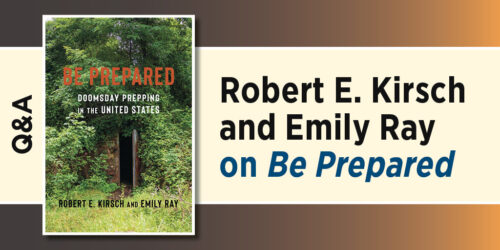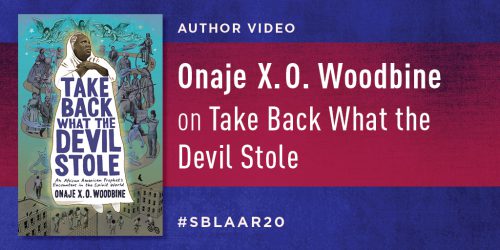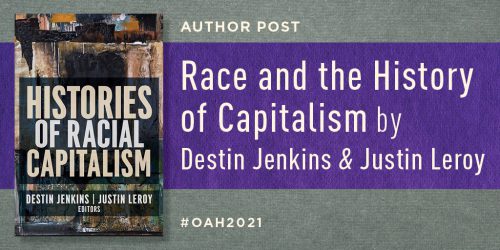Denis Lacorne: Secularists or Christian? The Religious Lives of American Political Candidates in the Public Sphere
“What is certain is that the primary season has reopened a three century old battle of narratives opposing Enlightenment secularists to Neo-Puritan and evangelical believers.”—Denis Lacorne
In an essay for the Huffington Post, Denis Lacorne, author of Religion in America: A Political History, argues that the current presidential campaign continues a schism in the United States that has persisted since its founding. As Lacorne explains, U.S. history has been dominated by two political trends: a religious tradition that invites politicians to talk openly about their religion and another which champions the separation of church and state. Lacorne explains:
These two traditions are based on rival narratives of the origin and essence of the American democracy: (1) the narrative of a secular Republic, defended by the Founding Fathers at the end of the 18th century and (2) the Neo-Puritan narrative of a government based on Christian roots, defended at the beginning of the 19th century by New England historians and politicians, among them John Quincy Adams, Daniel Webster and George Bancroft.
Among the current Republican candidates, Conservatives like Michelle Bachmann and Rick Perry believe the nation was founded on Christian principles and that it should abandon the “myth” of the secular narrative. Mitt Romney likes to have it both ways, deploring references to religion in debates but also decrying “a new religion in America — the religion of secularism”.
Likewise, Obama, whom Lacorne sees as preferring the “secular narrative,” still” refuses to side with the ‘secularists” against the ‘believers.'” As Lacorne points out, Obama, in a 2006 speech, argued “Secularists are wrong when they ask believers to leave their religion at the door when they enter the public square.”




